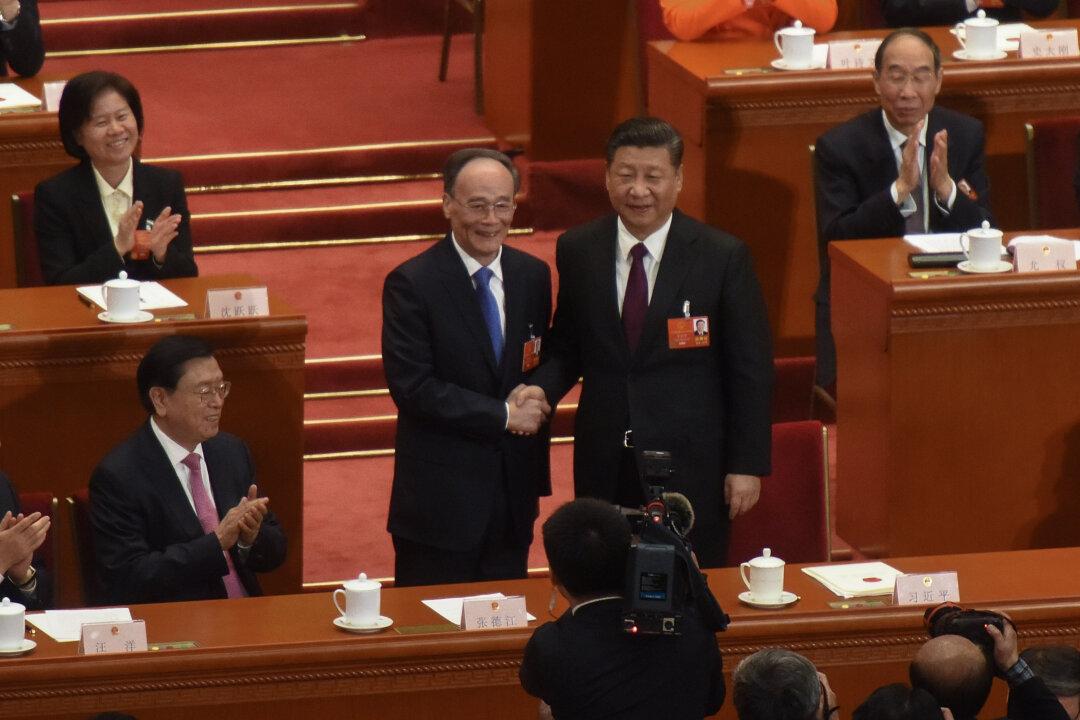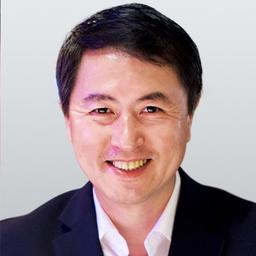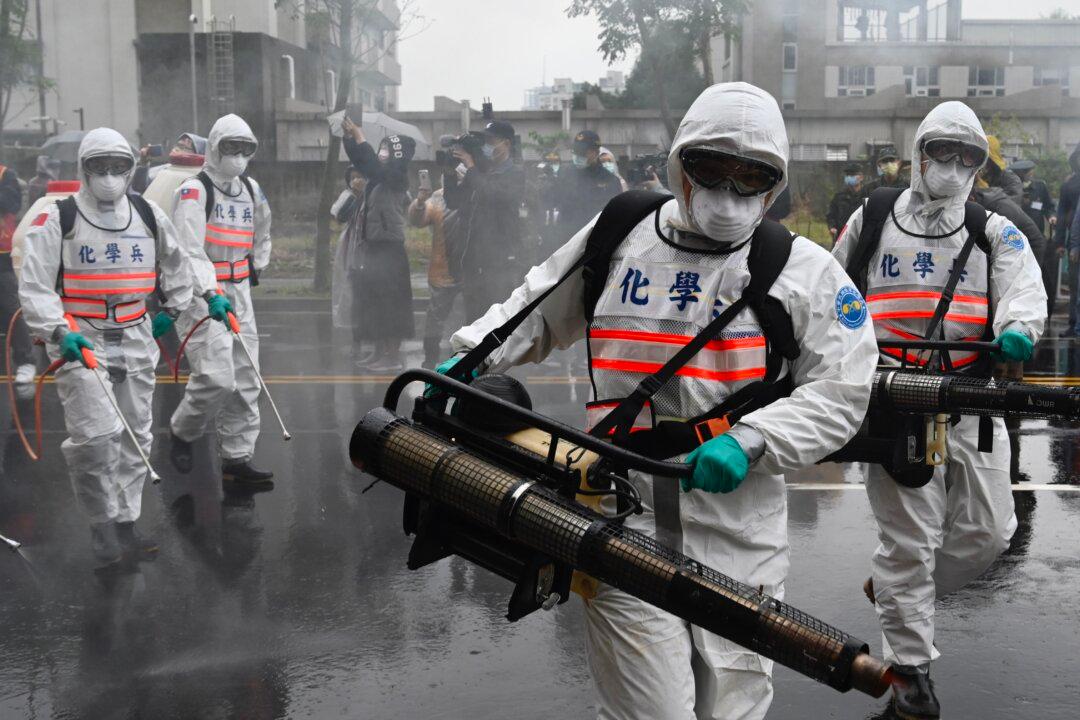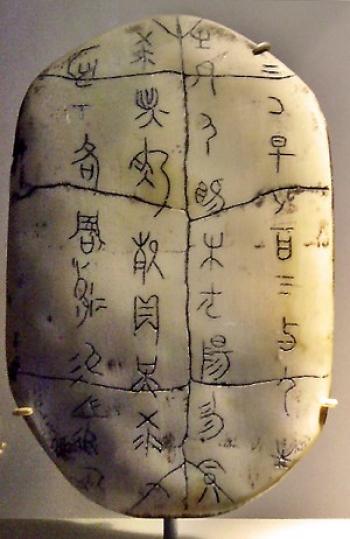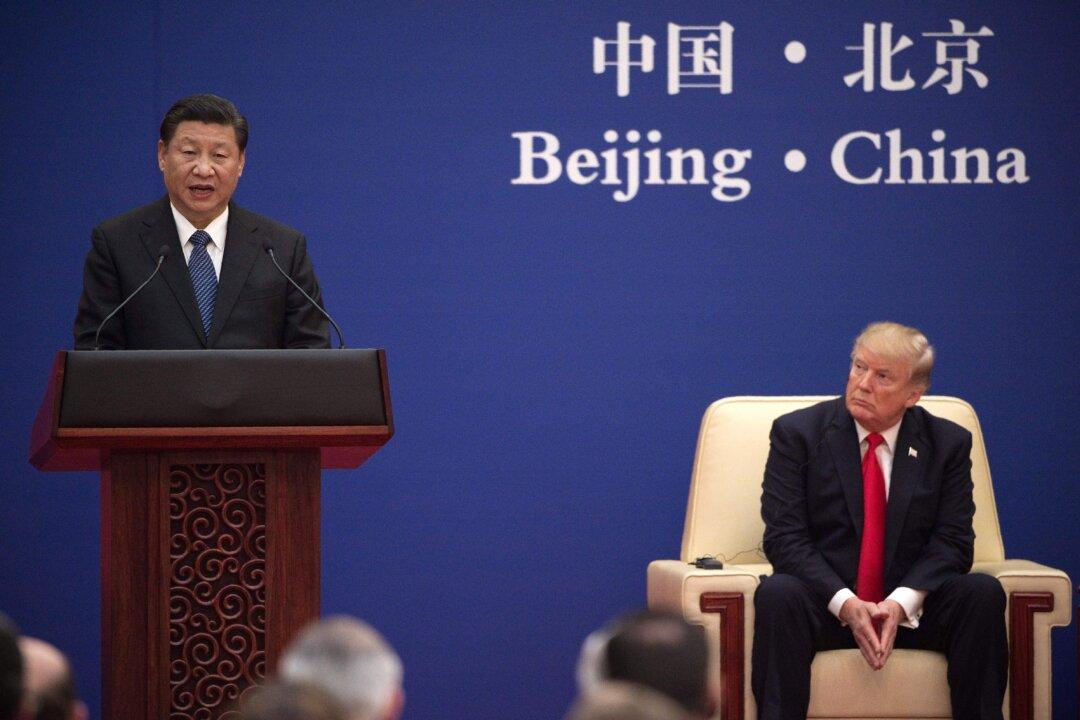When Her Majesty’s subjects in the British Commonwealth rise to sing “God Save the Queen” at a World Cup soccer game, few believe, as perhaps they did 400 years ago, of the divine right to rule of their monarch, Her Majesty The Queen.
During the reign of James Charles Stuart (1566-1625), also known as James VI & I, that the theological basis for the monarchy gained currency, due at least in part to King James’ personal advocacy of the doctrine. In his treatise, “The True Law of Free Monarchies,” King James argued that the divine right of kings in Scotland and later in England was justified as an extension of the apostolic succession.
